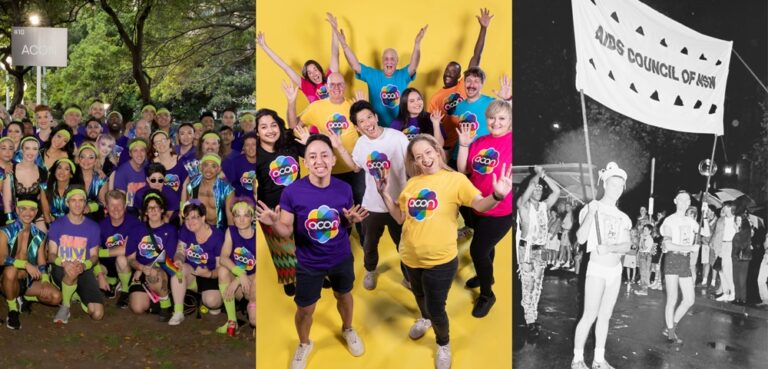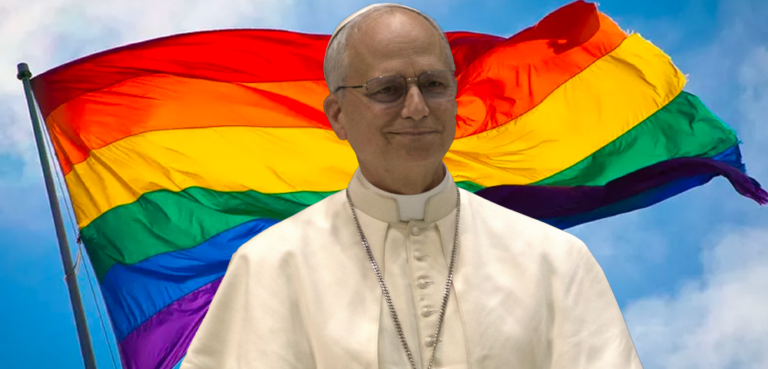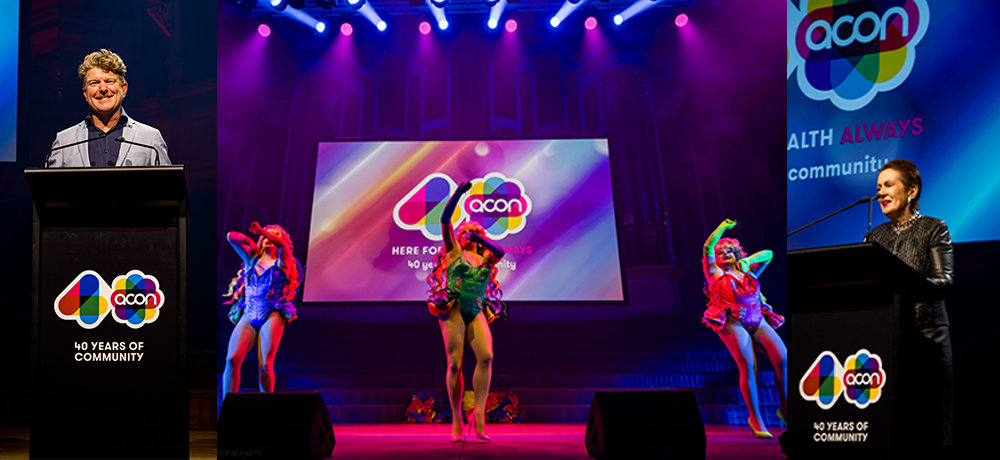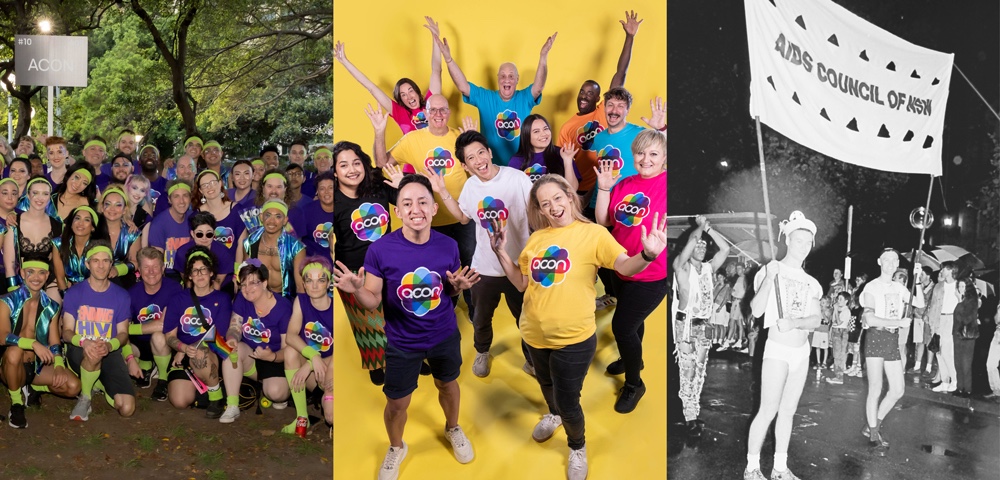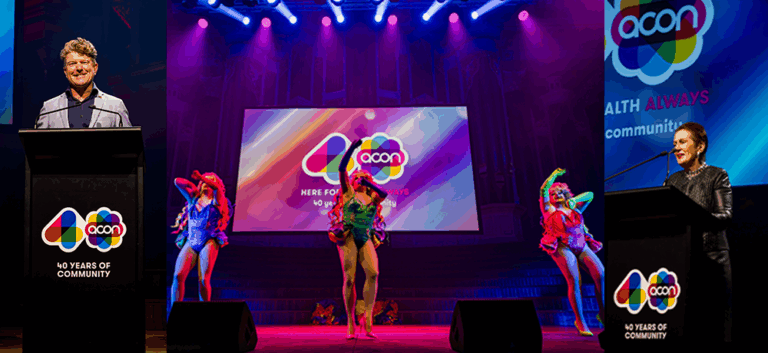
On earth as it is in heaven
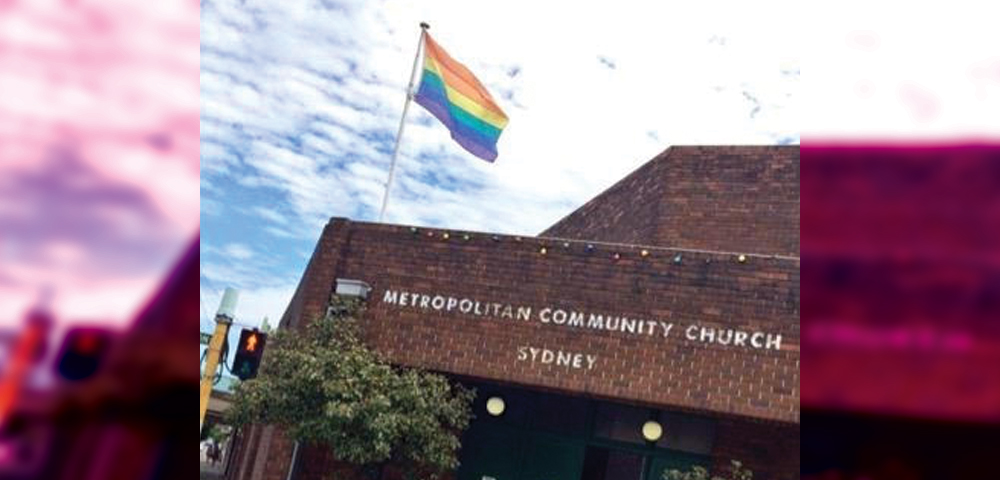
REVEREND Greg Smith, pastor of the Metropolitan Community Church in Sydney, was bribed into going to his first MCC service back in the 80s by a friend who was then a deacon at the church. Smith had asked his friend to accompany him to a show, but his friend wanted something in return.
“The deal was if he did what I wanted then I’d go to church with him,” Smith recalled.
[showads ad=MREC]“I must be honest, I suppose I fancied him at the time. That helped it. We did end up having a relationship.”
He eventually agreed, and went along with his friend: “I walked in that night and it was absolutely no doubt that I was where I needed to be — it was that immediate.”
It wasn’t Smith’s first time in a church. He’d been raised Methodist, but coming out when he did in the 70s, he said the choice was between gay or being Christian. He didn’t think he could be both.
Smith’s story was a common one for many who came to the MCC in its early days. An international denomination now in 37 countries around the world, the church was founded in California in 1968 by gay and lesbian Christians excluded from mainstream churches. Both the Brisbane and Sydney congregations began in 1975, about a year after the MCC was established in Melbourne. Internationally, the MCC has since expanded its purpose to include anyone who doesn’t feel comfortable in an established church.
“Even though people have been hurt by the church or have left the church, there’s something in the back of our minds that’s always there,” Smith said.
“Whether we get bribed into going or for whatever reason you find yourself back in that Christian environment, it’s something that’s bound to happen, I think.”
MCC Sydney celebrated its 40th anniversary over a weekend in July, and Smith said the congregation was taking it as an opportunity to reflect on the church’s past, as well as its future.
“How do we become a church of the 21st century?” he asked.
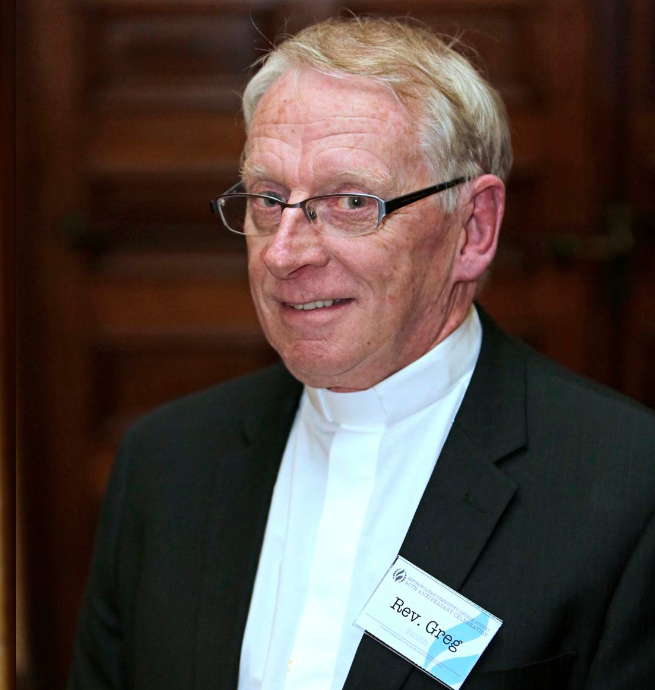
“How do we reach out to our new, young gay and lesbian people, in particular, who are searching for that meaning in life?”
MCC Sydney has seen its fair share of change over the years. In 1992 a disagreement within the congregation over the different approaches of two separate pastors led to a split in the church — half the congregation left, following one of the two pastors to form MCC Good Shepherd in western Sydney. Perhaps less dramatic has been the establishment of two weekly services: a more traditional service with hymns and a liturgy takes place on a Sunday morning, while on a Sunday evening the church holds a contemporary, more informal service.
As one of its longest-attending congregants, Peter Webster’s own past is entwined with that of MCC Sydney. Like Smith, Webster had been brought up Christian, and when he came out in his late teens he was asked to leave his church. After eight years away from any church, he came to MCC Sydney in 1983. Webster met his partner through the church (at an international conference in Miami) and has rarely missed a service since he started attending.
“Even though it’s such a long time since I started going, it’s my family as well,” he said.
“They’re the people that matter in my life.”
Webster is in a better position than most to reflect on how things have changed, and particularly what is different about the kinds of young people now coming into the church.
“What we’re finding now with our younger people, people under 30, a higher proportion of those are what we call ‘unchurched’,” he said.
“They’ve never been associated with any church in their lives, they’re just people who are being invited along to church by people who are currently members. So this is kind of new for us here in Sydney.”
Where people like Webster and Smith came to MCC Sydney as a place to express their faith after being rejected by mainstream churches, Webster wondered why someone who hadn’t had that experience might end up there.
“I think they’re looking for something that gives them an idea of how they should act, what they should be,” he said.
“I’m 58 years old. I grew up in the 70s and the 80s and it was just an amazing time. But these young guys… not really a sense of community. When I was their age I had a gay dentist, I had a gay doctor, I had a gay accountant for my taxes — everything was gay.
“With HIV/AIDS that all fell apart, and so the community today, the gay kids today, don’t have that type of gay community. I wonder whether organisations like MCC do provide that sense of community.”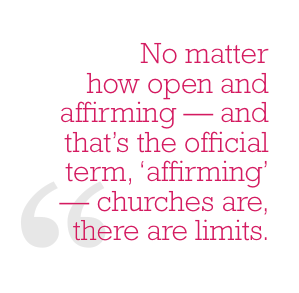
Looking from 40 years of history to what comes next, some perhaps feel the future of the church lies with congregants like Edwina James, a 23-year-old, heterosexual costume designer. James grew up in a mainstream Christian church, and as she got older, became disillusioned with her church’s conservative values.
“I had a big shift in thinking and was like, maybe we should be focusing more on loving everyone instead of just fear and judgement,” she said.
James found MCC Sydney by rather more modern means: she Googled “progressive churches in Sydney”.
“It was, for me, what church was meant to be all about — really solid community, where everyone is really authentic and honest with each other and there’s no bullshit,” she said.
“It felt like home straight away.”
James knew from the outset MCC had its origins in the gay community, and while she understands the importance of that history, she argued the church’s defining feature is its inclusiveness, no matter the ways it might continue to change over the next 40 years.
“Little things might change… music we’ll sing might be different, or services will look different, the people might change, but it seems like it’s just built on this really solid heart, this inclusive, accepting, loving soul of the community there,” she said.
“So as long as that doesn’t change, everything else is kind of superfluous, I suppose.”
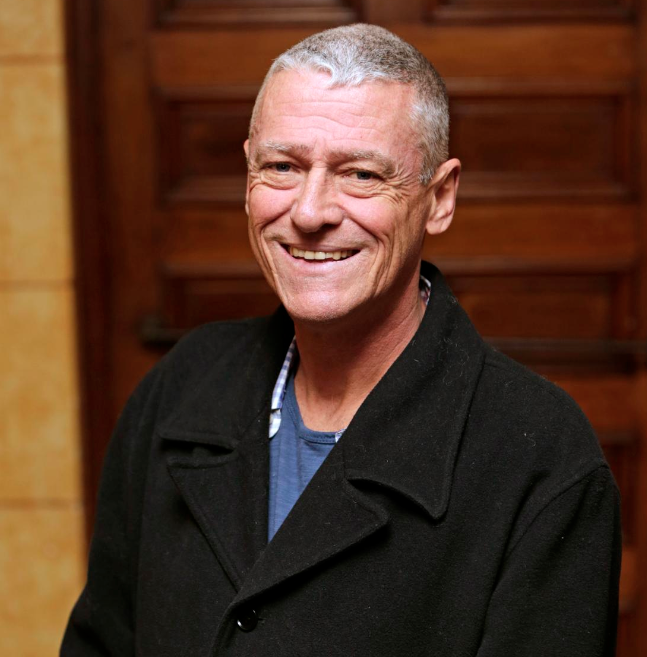
Thinking about the 40th anniversary, some at MCC Sydney mentioned reporters from mainstream media occasionally approaching the church about a story, and the line is often the same, and the same as it is for any number of LGBTI community institutions facing uncertainty and change. They ask: as LGBTI people become more accepted in heterosexual society, why should places like MCC Sydney continue to exist?
“In MCC Sydney, my partner and I take communion,” Webster said.
“We go down there together. We hold hands. We give each other the bread and the wine. We kiss. Then we go for prayer with the pastor… then at the end of that we kiss again.
“We could go to a gay-friendly church, and there’s a number of them, and we can take communion. We can’t do it together. We can’t kiss. We can’t hold hands. No matter how open and affirming, and that’s the official term, ‘affirming’, churches are, there are limits.”
Webster told the story of a woman who came along to an MCC Sydney service after her son had died of an AIDS-defining illness.
“We were talking one day at a social event and she said, ‘why is there such an emphasis on gay gay gay? Why can’t you just be a church?’” he recounted.
“I said, ‘you can go to any church you want and you’ll be accepted with open arms. We can’t. And we have people who are damaged, that are damaged by other churches. And we need to let those people know, it’s okay to be gay. God loves you. It doesn’t matter’.
“She left not long after that… but she just couldn’t get a grip on the reality of what it was like to be a gay person, and a gay Christian.”
______________________
**This article was first published in the August edition of the Star Observer, which is available to read in digital flip-book format. To obtain a physical copy, click here to find out where you can grab one in Melbourne, Sydney, Brisbane, Adelaide, Canberra and select regional/coastal areas.
[showads ad=FOOT]
